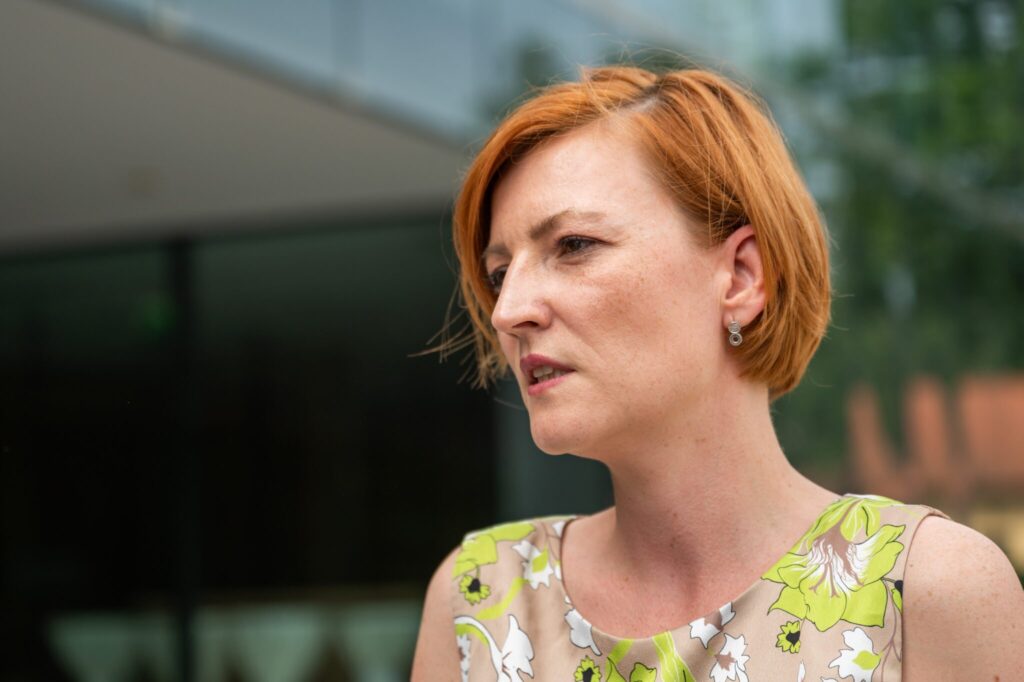The payment of the 8,346 euros of prize money that Svetlana Makarović gave up decades ago because she did not want to be on stage with Fr Marko Ivan Rupnik, who won the prize for his mosaic in the Pope’s Redemptoris Mater Chapel at the Vatican, is still causing quite a stir. Namely, the fact that the Prešeren award was awarded to Makarović decades ago – she renounced it at the time – does not seem to be a good enough reason for the Minister of Culture Vrečko to now be able to pay the prize to Makarović, and this is quite controversial. As a political activist, Makarović, together with another state-funded artist, Zlatan Čordić, actively participated in political protests, which were tacitly co-organised by today’s ruling parties, including Asta Vrečko’s Left party (Levica). Has the Minister now finally repaid these propaganda favours?
The right to file claims for payments from the state does have a time limit, and if the statute of limitations has run out, the Minister could even find herself facing criminal proceedings for abuse of office and damage to the state budget. Discussions about these dilemmas on the legal basis for the payout in question are taking place on social media. Namely, one user commented the following: “Of course, there is no legal grounds for this. The claim has since been time-barred. We have a five-year deadline for such issues. The Minister will therefore cause damage to the state budget with this payment. The return of the money to the budget is not possible (because Svetlana Makarović will not give it back). This should hold up, but I encourage others to check it as well.”
The Obligations Code provides that claims are time-barred within five years, unless a different limitation period is set by law. I have not noticed any law that defines this differently for Asta Vrečko. If it turns out that there was no legal basis for the payment, the Minister could even face imprisonment. The Criminal Code provides for it for damage to public funds and for dereliction of duty.
An additional dilemma is whether the conduct, in this case, was perhaps even corrupt. Namely, the authorities paying artists and NGOs from the state budget in various ways so that they can then participate in election campaigns for them paints the wrong image. Political protests have also been a form of election campaigning, with artists and members of NGOs receiving state money for it, and politicians having influence over its allocation. Including Asta Vrečko.


